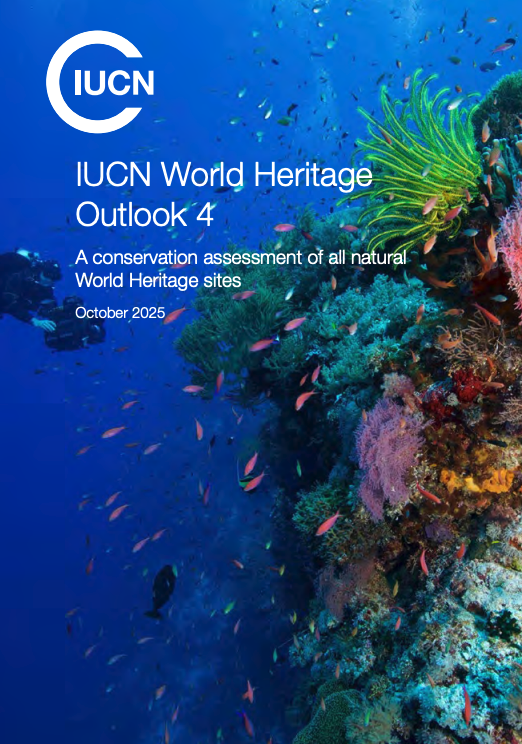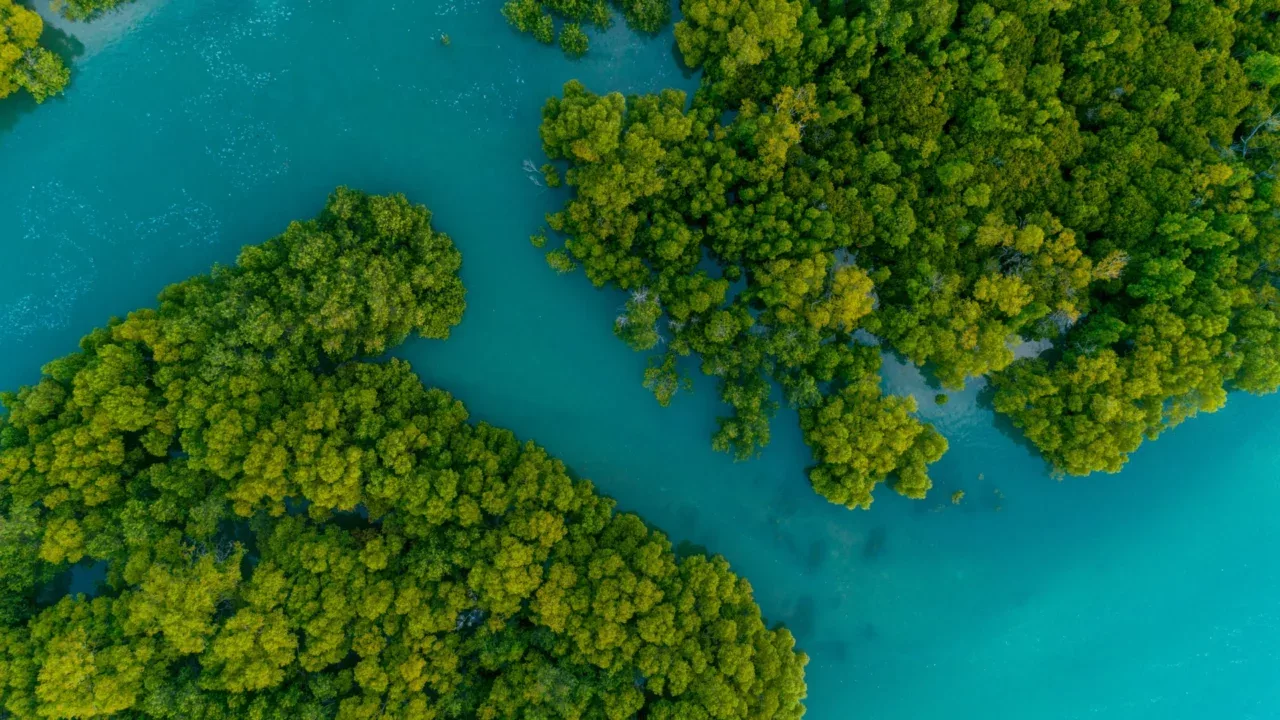The latest IUCN World Heritage Outlook 4 report reveals that the conservation status of the world’s most significant natural heritage sites is deteriorating for the first time since assessments began in 2014. Only 57% of sites now have a positive conservation outlook, down from 63% in 2020.
Produced by the International Union for Conservation of Nature (IUCN), the Outlook provides an independent global evaluation of all natural World Heritage sites, complementing the World Heritage Convention’s monitoring systems. It supports governments, site managers, NGOs, scientists, and Indigenous Peoples’ Organisations in tracking conservation trends, recognising effective management, identifying urgent threats, and highlighting the benefits these sites provide for communities and ecosystems worldwide.

The 2025 findings show climate change remains the greatest and fastest-growing threat, affecting nearly half of all sites. Invasive species, emerging diseases, and tourism and infrastructure development are also rising concerns. Biodiversity-rich sites are particularly vulnerable, with steadily declining conditions over the past decade.
The report also highlights the growing impact of climate-induced coral bleaching on marine World Heritage sites. The world is currently experiencing its fourth global coral bleaching event, confirmed by the National Oceanic and Atmospheric Administration (NOAA) and the International Coral Reef Initiative (ICRI) in April 2024, the most extreme and severe on record. This is expected to impact 30% of the 29 UNESCO World Heritage-listed coral reef ecosystems (UNESCO, 2024b).
While half of all sites have effective management, sustainable financing remains a major weakness. Moreover, many threats originate beyond site boundaries, underscoring the need for stronger regional and global cooperation.
Despite these challenges, the report highlights several success stories, including Comoé National Park in Côte d’Ivoire, which has been removed from the List of World Heritage in Danger thanks to effective anti-poaching efforts and community engagement. Such examples show that with strong local action and international support, it is still possible to reverse declines and secure a more positive future for the planet’s most irreplaceable natural treasures.
Reference: UNESCO (2024b, May 23). UNESCO World Heritage-Listed coral reefs share experiences on fourth global bleaching event. UNESCO World Heritage Convention News. https://whc.unesco.org/en/news/2697
